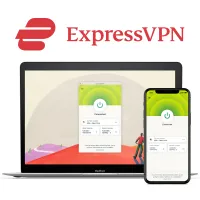VPN uses: 20 ways to get the most out of your VPN
Wondering what you can use a VPN for? We've got the answers
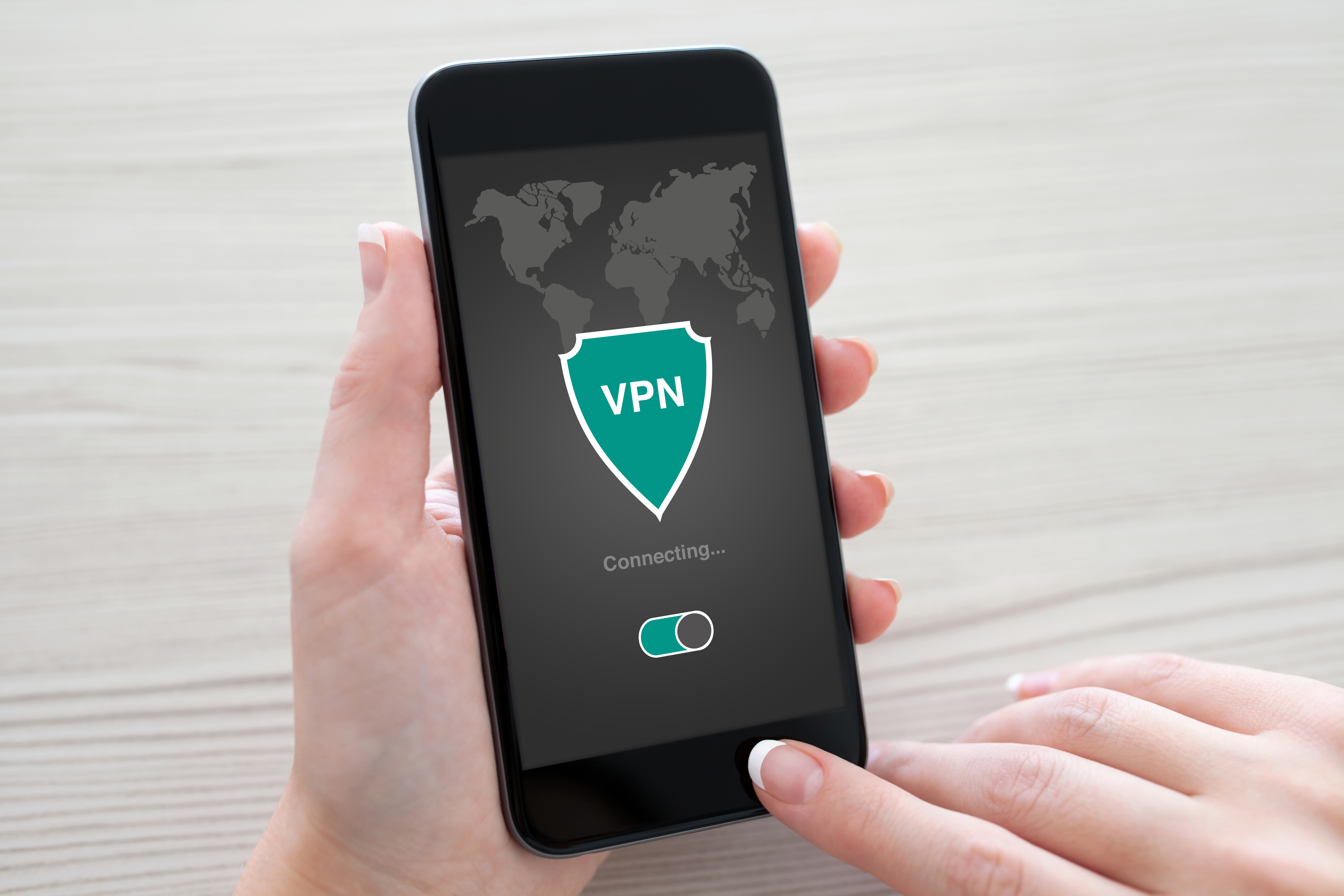
- Protect your identity
- Stream blocked content
- Access sites abroad
- Watch live sports
- Use free trials
- Speed up gaming
- Stay safe on holiday
- Avoid trackers
- Spoof your GPS location
- Save money
- Protect your mobile
- Avoid ISP restrictions
- Torrent safely
- Safely use public Wi-Fi
- Maximize your bandwidth
- Avoid censorship
- Use VoIP
- Keep messaging private
- Access home networks
- Access college networks
You've probably heard about VPNs, and ended up on this page wondering what the fuss is all about. What can you really use a VPN for? Well, it's your lucky day as here we've rounded up 20 of the top VPN uses – and it's not just about staying private online, either.
To kick off we'll run down how VPNs work, and then we'll get stuck into our hefty list of real-world VPN uses. If you just want to explore all of the reasons to use a VPN off the bat, simply use the navigation bar on the side of the screen to jump down to a use that sounds intriguing.
So, what can you do with a VPN, and how do they work? You're about to find out...
Test out the best VPN risk-free for 30 days
Whether you want to stream more or access government-blocked content overseas, we think ExpressVPN is your best option. Tom's Guide readers can claim three months free, and in case you're not happy, you'll also get a 30-day money-back guarantee.
How it works
So, how does a VPN work? In simple terms, a VPN works by encrypting all your information and sending it through a 'tunnel' to its destination. It does this by redirecting your internet connection from your internet service provider's (ISP) servers to its own.
The most impressive VPNs have thousands of servers all over the world – our top-ranked provider ExpressVPN, for example, has around 3,000 servers in 94 countries. This means that not only can you make sure all your data is encrypted and secure, but you can also virtually relocate yourself and surf the web as if you were actually in those countries.
This is great for streaming (click 'stream blocked content' to learn more) and avoiding government censorship (click 'avoid censorship' to read further on that topic).
If you're satisfied with just staying on home turf, using your VPN's secure encryption also allows you to browse anonymously and generally have a more private experience when online – and who doesn't want that?
So, browse the tabs up top or scroll on to find out more about all of the most popular – and some unusual – VPN uses.
Protect your identity
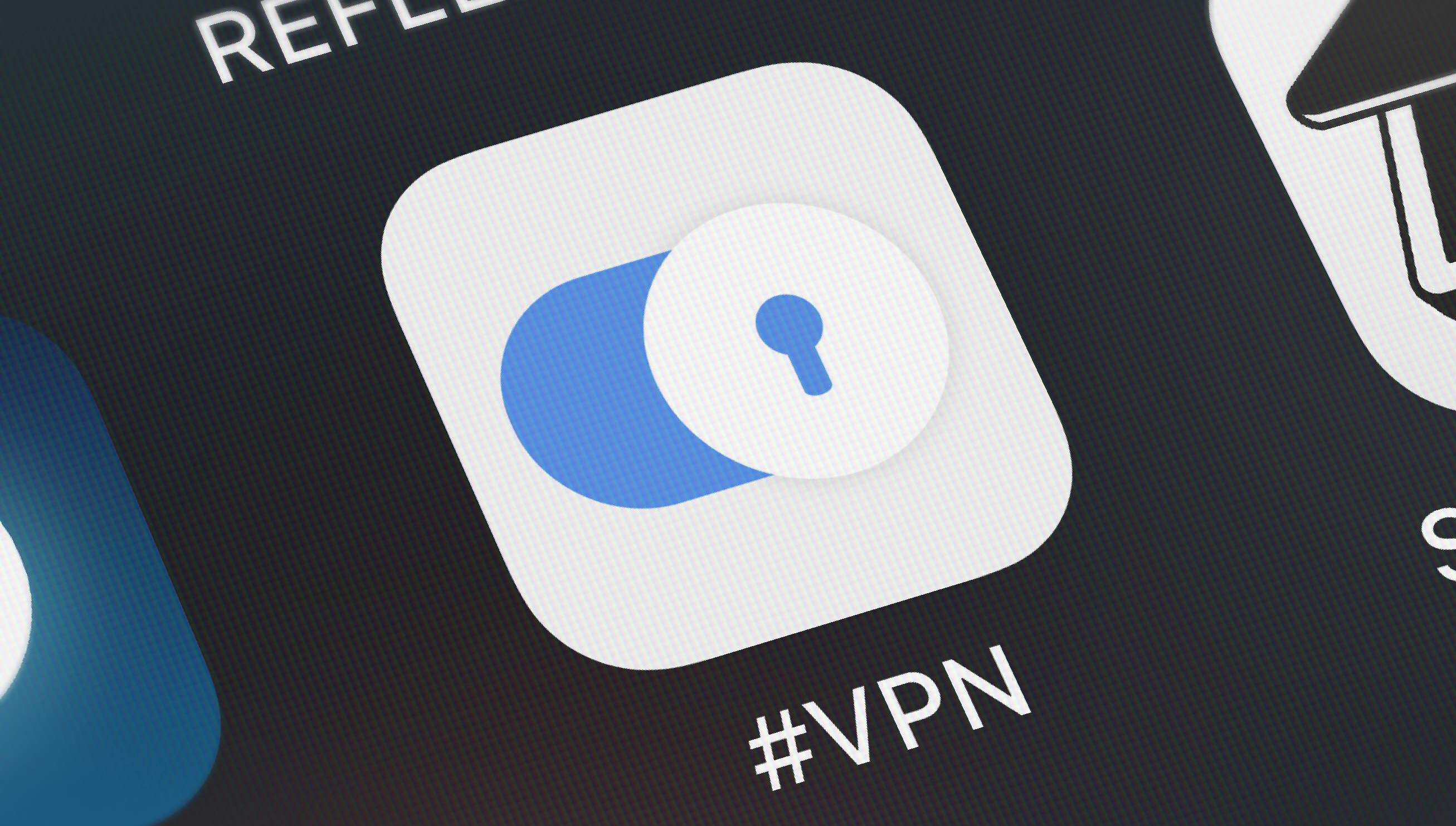
VPN uses: Protect your identity
When most people think of a VPN, they think of a privacy solution first and foremost – and with good reason. The original primary VPN use is to protect the user and their data, ensuring safe internet use whatever the activity.
A core element of a VPN is tough encryption – usually AES-256 combined with a secure protocol – and this means every last bit of traffic sent through the VPN is unreadable by anyone who intercepts it. That interceptor might simply be your ISP trying to log or limit what you use their connection for, or it could be a malicious individual or program looking to steal your data.
Who or whatever they are, VPNs avoid them by using a 'tunnel' that starts at your device and ends at your destination – be that Netflix, a geo-blocked social network or your online banking.
In between your device and your destination is where your data is at risk, so a VPN eliminates that by both encrypting your data and routing your connection through one of its own servers, masking your IP address and any other identifying information. If you've chosen a quality, zero-logging provider, you should be able to trust your VPN's servers more than your ISP's.
In essence, a VPN removes or encrypts any information that could link you or your device to your activity on the web. It's a one-stop shop for taking back personal privacy online.
Most private VPN – See which VPN offers the best privacy features
Stream blocked content
VPN uses: Stream geo-blocked content
It's now the norm to get all our content from online streaming services, and while there's more selection than ever before, a VPN can expand your entertainment options immeasurably. This VPN use is both great for those on holiday or business trips, and for the more adventurous couch potato.
Netflix has different libraries of content for subscribers in different regions, which means that no one can actually watch everything – there's always going to be some series or movie that's blocked in your country. However, with a Netflix VPN, you can connect to a server in a particular country and Netflix will respond by serving you the library of that region.
Other services – like BBC iPlayer or Hulu – are only available to people in particular countries, with those elsewhere not entitled to watch anything on them at all. In the case of an iPlayer VPN, for example, you can change your location to the UK and watch everything available like a true Brit.
There's a catch, though – all streaming services are consistently trying to stop VPN usage, and only the best can actually get users access to everything they want. Thankfully, though, there are some fast VPN services that consistently stay ahead of the curve and can get you watching whatever you want, wherever you are.
Streaming VPN – explore the most reliable services for accessing Netflix and more
Access sites abroad
VPN uses: Access sites when you're abroad
Much like streaming services, many other sites serve up different content to users in different countries. However, if you're on a trip you'll want to access your regular version, but you'll be faced with a site that might be totally different – and quite possibly in a language you don't speak.
If you've got a VPN, it's simply a case of relocating your connection so you appear back home, and you'll be able to access your familiar site like magic.
This is especially useful for online banking, too. If you've gone away on a weekend jaunt and forgotten to tell your bank, you might face being locked out of your account. If this is a possibility, it's worth flipping that VPN switch on and virtually heading home for a moment just to make sure your account isn't blocked, leaving you penniless abroad.
Best US VPN – explore the best services for use in the States and abroad
Watch live sports
VPN uses: Watch more live sports
If you're a sports fanatic, you'll know that watching live events can get expensive pretty quickly. However, with a VPN and little bit of research, you could save a ton of cash – and perhaps even find a pay-per-view event for free.
This is due to the fact that some sporting events are free-to-air in certain countries, while they're paid-for in others. In recent times we've found cheaper or even free ways of catching the NBA, Super Bowl, Euros and Olympics with a VPN, so if there's a big event on, it's well worth checking out global broadcasting options for a better deal.
All you need to do is connect to a server in one of those countries and get watching. Plus, Tom's Guide runs down all the big events and how to watch them, so check elsewhere on the site for info on where to catch a cheaper (or even free) stream.
Use free trials
VPN uses: Make sure to use your free trial
This one's not so much a use, but a way of making your money go further. If you scour the market, you'll see there are tons of VPN free trials available – and if your chosen provider offers one, make sure to use it!
Plus, all our top-rated providers offer money-back guarantees, ranging from 30 to 45 days. If you're not sure about a service and it doesn't offer a true trial (for example, our #1 provider ExpressVPN), you can still trial it risk-free. All you need to do is buy a plan, and start using it. If you're not happy with it, don't be shy – just about every one of our favorite providers will refund you hassle-free.
Speed up gaming
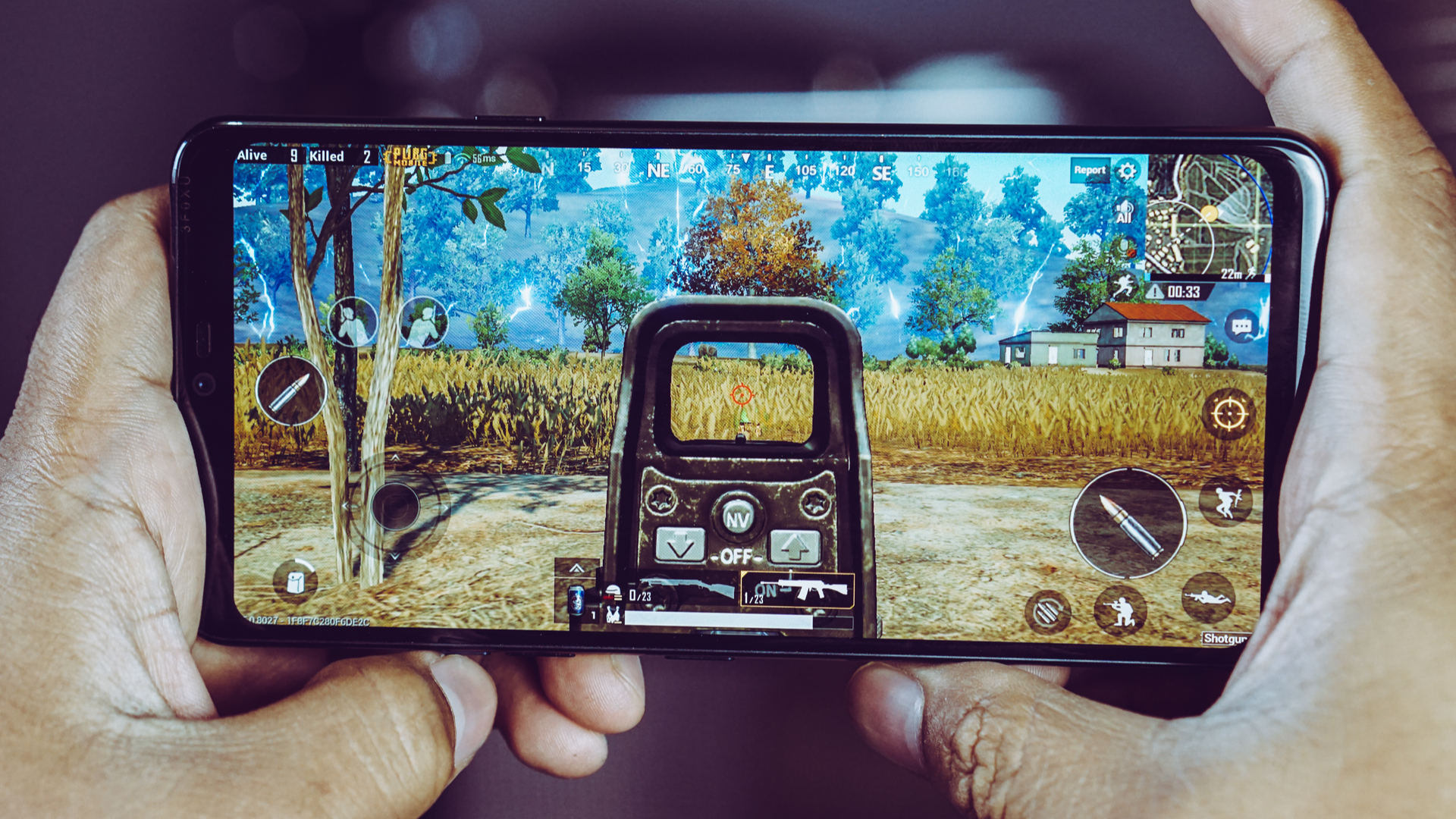
VPN uses: Speed up your online gaming
When people talk about VPNs, they often mention how all but the best inevitably slow down your internet connection. However, this is not always the case.
Your ISP may 'throttle' your connection, meaning it slows down your internet when it detects certain activity – often those that use a lot of bandwidth. Prime suspects are online gamers, and while the same can happen when torrenting or streaming, in those situations a slow connection isn't a case of life and death.
Whether you're still playing CS:GO, have moved on to PUBG, Apex Legends and Call of Duty, or prefer to humiliate your friends on the digital football pitch rather than shooting them in the head with an AK-47, a VPN can make sure your connection remains stable and reliable, and help you keep up your winning streak for as long as possible.
Read more about the best gaming VPN services
Stay safe on holiday
VPN uses: Stay safe on holiday abroad
If you're heading to a different country, data laws may be different and government censorship could be common. In these cases it's clear you'll want to use a VPN (for example, a Turkey VPN), but even if you're heading to a more 'friendly' country, a VPN could still be useful.
You'll be able to access sites as you would at home (no more guesswork if you're Googling in Japan), and stream content you're used to back home.
The only issue is that you might not find that you've got much of a use for your VPN when you get home. We'd disagree with that (just look at all the reasons above and below!), but if you don't want to keep paying for something you'll never use, check out a monthly VPN plan. They're cheap and require no commitment – perfect for staying safe on a holiday.
Avoid trackers
VPN uses: Avoid trackers
Your data and internet history is just that – yours. So, it's quite understandable that many people take issue with the fact ISPs and governments collect this data and use it for their own gain.
While many may argue that government tracking is legitimate, the techniques used are like a trawler fishing boat. Yes, they might catch what they need to, but the by-catch is vast. If you want to avoid getting your data caught up in that net without your consent, a VPN is the answer.
However, your ISP's uses of your data might be rather less noble. While they already make money from your internet subscription, many top up their pay packet by selling users' personal data to advertisers. If you want to avoid targeted advertising and feel a little more free to search for what you want without people keeping tabs, using a VPN can make that happen.
Spoof your GPS location
VPN uses: Spoof your GPS location
While this VPN use isn't as well-known as others – and won't be useful for everyone – spoofing your GPS location can be made extra reliable with a VPN
If you want to get a fake GPS location for Pokemon GO, for example, you'll need to either combine a VPN with a GPS spoofing app, or use Surfshark, the only VPN with a built-in GPS changing tool.
As the best fake GPS VPN, Surfshark combines solid VPN performance with a GPS spoofer on Android, which means you don't have to rely on any third parties to change your location. This isn't just good for Pokemon GO, though, and can be very handy for ensuring your exact location isn't being tracked by any number of apps.
Save money
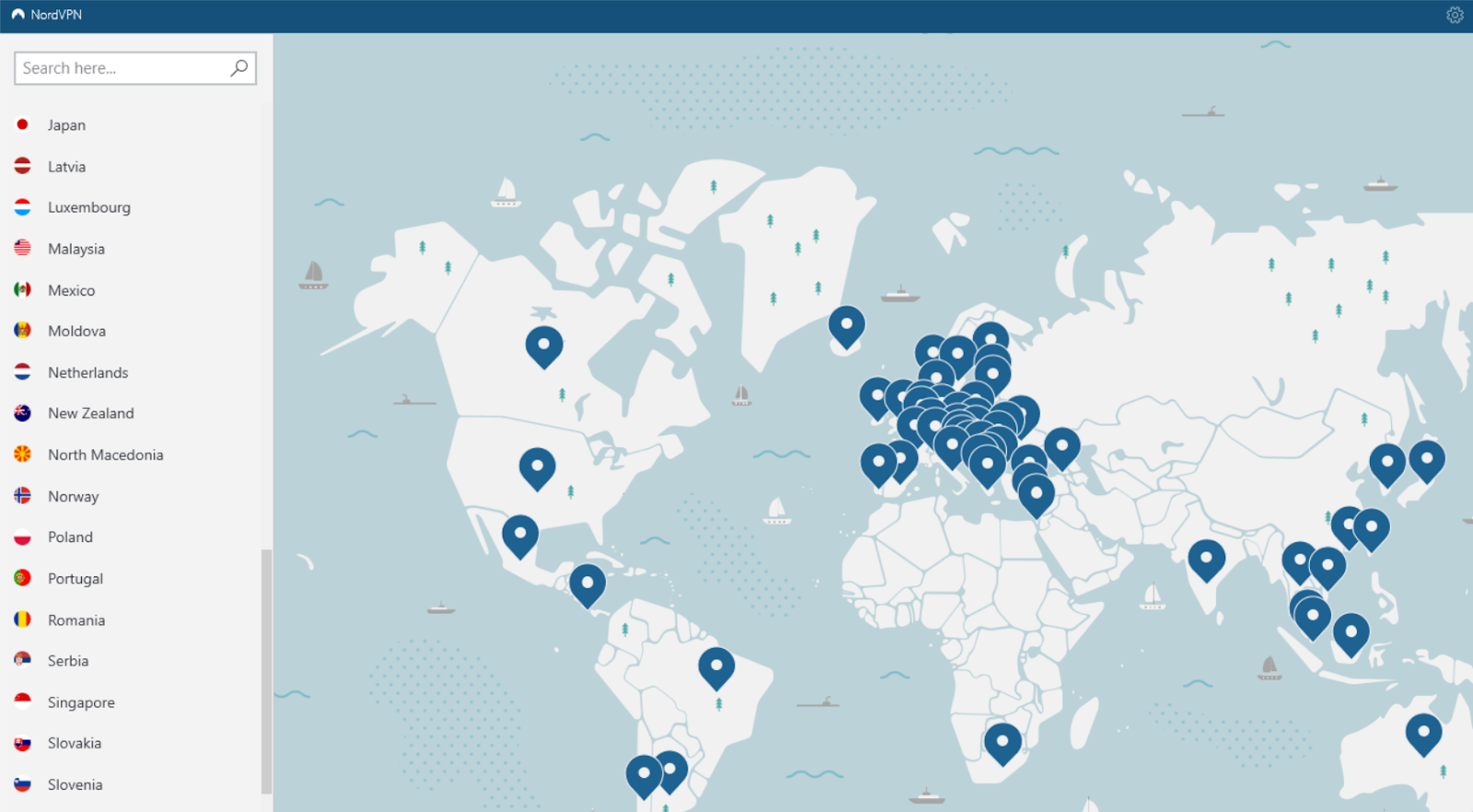
VPN uses: Avoid location-based price targeting
Most prevalent amongst car hire and plane ticket merchants, being offered different prices depending on where you are and what you've searched is more common than you may think.
If you're thinking of purchasing a digital product – whether that's Microsoft Office, a game, or Spotify – taking a moment to check prices from around the world might save you a good wad of cash.
Those in lower-income countries are usually offered a cheaper price, but that's not always the case. In practice this process is often more trial-and-error than exact science, so having a VPN with plenty of servers worldwide is worth the investment and could end up paying for itself.
This also ties into the earlier benefit of avoiding trackers. If you've searched for a product a number of times without purchasing, the seller will often inflate the price to urge you to buy sooner rather than later – this is most commonly seen with plane tickets, but not unheard of with other products. With a VPN, you'll be seeing the true price and potentially saving yourself serious money.
Cheap VPN – save money on your VPN as well as avoiding price targeting
Protect your mobile
VPN uses: Protect your mobile devices
If you sign up to a good provider, you won't just get a Windows 10 VPN – almost all top-quality services have apps for Android and iOS, and some even still support BlackBerry.
By using a VPN on your mobile device, you'll be able to stay protected both at home and when you're out and about, and considering the device you'll be connecting to public Wi-Fi the most is likely to be your phone, it's a sensible decision.
All our recommended VPNs allows at least five simultaneous connections, with some offering up to 10, and in rare cases unlimited connections. So, if you've got a lot of devices you want to keep safe, make sure that your chosen provider can offer enough simultaneous connections for your needs.
Avoid ISP restrictions
VPN uses: Avoid ISP restrictions
For those who don't have control over their internet provider – students, those living with parents, or renters whose utilities are provided for them – a VPN could be the only way to access content that's restricted. While parental control tools certainly have their place, for many they're imposed when they really have no right to be.
We're not just talking about adult content, either – these controls are often heavy-handed in their censorship and regularly block innocent sites. Also, they can limit in-app purchases and impose restrictions on how much time is spent on the web, and when.
Another section of the web that's usually blocked by ISPs regardless of whether you're subject to parental controls or not is torrenting sites. We in no way condone the use of torrents for downloading content that breaches copyright laws, but for legal use, VPNs can give you access to torrenting sites and services.
Whatever your reasons for wanting to bypass ISP restrictions – and as long as you're legally entitled to – a VPN is a simple way to get access to the uncensored internet everyone else can view.
Torrent safely
VPN uses: Torrent safely and anonymously
As mentioned above, we do not condone the use of VPNs or torrenting software to download content that breaches copyright laws.
P2P sharing is an efficient way to share large files with ease, but it also puts users at risk. When downloading or seeding a torrent, your IP address is visible to others who are connected at the same time. Torrents also open ports that are usually inaccessible to outside parties, and both of those things are opportunities for hackers access your data.
While only the best antivirus can protect you from the threat of malware hidden in torrents, a VPN will give you the peace of mind that your data is safe and you won't be personally identified.
However, while being victim to a hacker is somewhat unlikely, the biggest downside to torrenting is the fact your ISP is likely to throttle your connection speed if it detects P2P activity. That means not only will your torrent slow to a crawl, but your general browsing will also be affected.
A VPN anonymizes all your traffic so your ISP can't tell what you're using your bandwidth for – that means it can't tell when you're torrenting, and subsequently you'll have full speeds all the time, no matter what you're doing
Torrenting VPN – keep yourself protected and avoid network throttling
Safely use public Wi-Fi

VPN uses: Stay safe when using public Wi-Fi
Using unsecured Wi-Fi hotspots is another risky practice that's rendered harmless by simply using a VPN.
If you visit public spaces like cafes to work, or connect to Wi-Fi in the supermarket, public transport or bars when you're out and about, there's a genuine possibility that your data is at risk.
If the connection you're on is unsecured (possible) and unencrypted (likely), there's a real chance that data thieves will have identified it and are using it to steal your personal information.
That's usually done by a 'Man in the Middle' attack, which works by intercepting any and all the data you put out over the connection. That could include social media and email logins, credit card details and even your online banking credentials.
If you want to protect yourself from this, using a VPN will encrypt all the traffic going to and from your device – even if your connection is intercepted, the details will be totally unreadable and useless to any criminal.
Read more about the best Android VPN and the best iPhone VPN to stay safe on the go.
Maximize your bandwidth
VPN uses: Maximise your bandwidth
Expanding on the torrenting section above, your ISP is quite likely to impose bandwidth restrictions or 'throttling' on you at some point.
If you notice your internet speed slowing to a crawl when doing certain things on the internet, or at peak times, your ISP may be reducing your speeds based on your activity. This is easily remedied by using a VPN.
No matter what you're using your connection for, if you're using a VPN your internet provider won't be able to tell what you're doing, and subsequently won't be able to make the decision to throttle your connection.
While VPNs can minimally reduce your peak speeds (by as little as 5% for the best, and unlikely to be noticeable unless you have a gigabit line), throttling can be far more severe than that. If you want to be able to rely on your connection 24/7, a VPN can help you get the most out of your internet service.
Avoid censorship
VPN uses: Avoid government censorship
For many, internet freedom might seem like a given, but those living in China, UAE, Iran, Syria and many more have severe internet restrictions imposed at a governmental level.
For citizens of those countries, a VPN is the only way to access sites others take for granted – Wikipedia, Facebook, Twitter, non-state news sites, Google... However, not every VPN is powerful enough to sidestep these regimes, so it's worth doing your research.
Also, while those living in these countries are permanently subject to this censorship, holidaymakers, business travelers, reporters and many others spending time in these countries will also find their access to everyday sites reduced. For those that rely on Gmail or Slack to get work done, a VPN is an absolute essential.
Our China VPN list details services that can bypass the Great Firewall, but should also work to evade other government censorship around the world.
Use VoIP
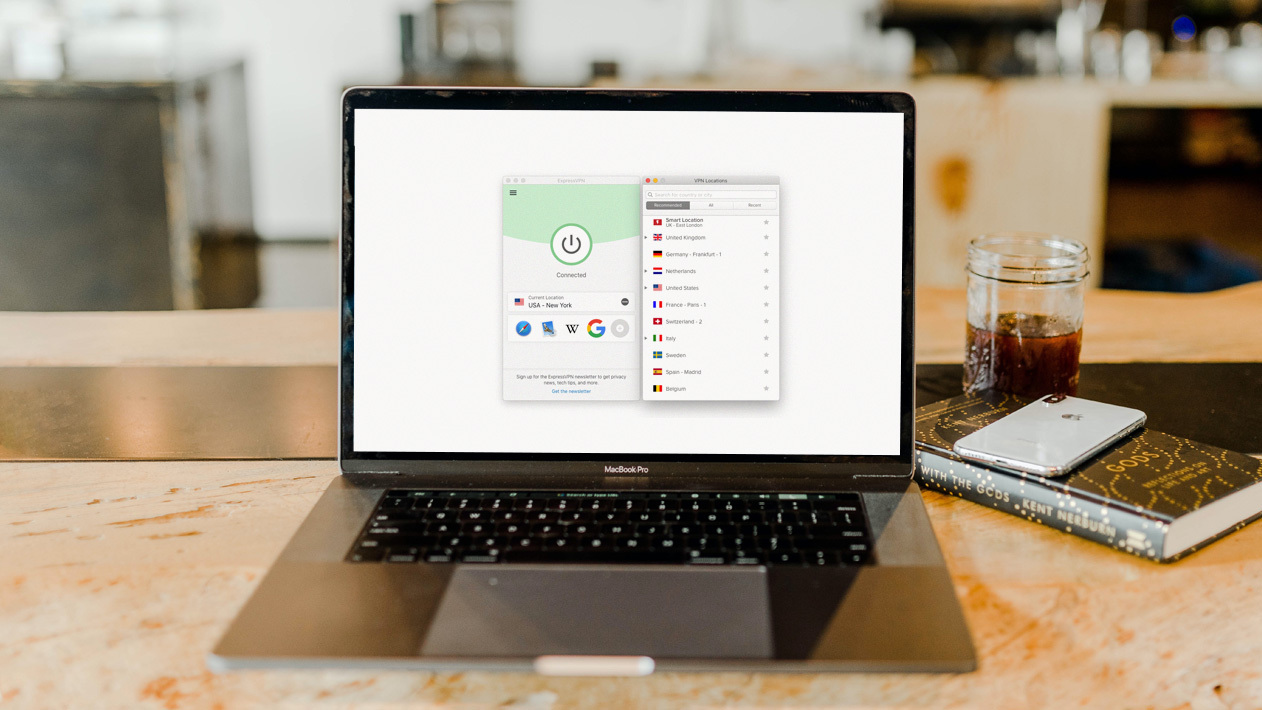
VPN uses: Access free VoIP services like WhatsApp
Strict national governments with huge stakes in mobile networks will often restrict access to free VoIP services like WhatsApp, Skype, Messenger and more because doing so ensures they make more money.
This is a huge reason why you might want a UAE VPN when living or traveling to Dubai or elsewhere, and while rules change frequently, it's been known for UAE residents to have to use a VPN to even access voice chat on video games.
Paying for a VPN and using free VoIP services usually ends up costing much less than spending money on the monopolized telephone networks. For those who are short on money, a cheap service like Surfshark – less than $2.50 a month – is a great way of saving cash and staying in contact with loved ones.
Keep messaging private
VPN uses: Keep your online chats private
While there are a number of secure messaging apps available (Signal and Telegram to name a couple), many popular apps don't offer encryption, or require you to opt-in rather than opt-out. If your messaging isn't encrypted there's a chance it could be intercepted by an outsider.
By using a VPN you can ensure that your messages are seen only by the intended recipient, meaning you can be as open as you want to be.
Also, while it won't affect your regular cell signal, a VPN can help protect your VoIP calls. And, even if your service provides encryption as standard, using a VPN as an extra layer of protection will give you the reassurance that you really can speak your mind.
Read more about the best mobile VPN apps available today
Access home networks
VPN uses: Access home networks securely
Unless you take all your hard drives out with you when you go to work or on holiday, your entire repository of files and data likely lives on one computer at home (with a couple of backups, or course).
If this is the case, you might have remote access set up so you can access this machine and the info it contains when you're away from it. However, keeping that data safe should be a priority, so using a VPN to encrypt your traffic when remote accessing your main PC in a no-brainer.
Access college networks
VPN uses: Access work or university networks
Access to your school, college, or work's network may be limited geographically, and many institutions formally or informally implement VPNs to allows users to access intranets or other data repositories. This is usually done through the use a static IP, something the best business VPN will offer.
However, we've also heard stories of students moving back home – to Canada from the US, for example – and ending up unable to access their school's networks from outside the country, while others found that their location breached some kind of regulation.
By using VPNs, in this age of remote learning these students were able to essentially have their cake and eat it – they could complete their studies while also living where they wanted to. If this sounds like you, we'd check out a VPN straight away.
Get instant access to breaking news, the hottest reviews, great deals and helpful tips.

Mo has been rigorously testing, reviewing, and analyzing VPN services at Tom’s Guide for more than five years. He heads up the three-person Tom's Guide VPN team, and is passionate about accessibility: he believes that online privacy should be an option that’s available to everyone. NordVPN and ExpressVPN are the products he uses most on a daily basis, but he experiments weekly with all the top services, evaluating their privacy features, connection speeds across various protocols, and server reliability – among other things – so that he can make confident VPN recommendations that are backed by data. To see his latest advice, head over to Tom’s Guide’s best VPN and best free VPN guides.
 Club Benefits
Club Benefits





